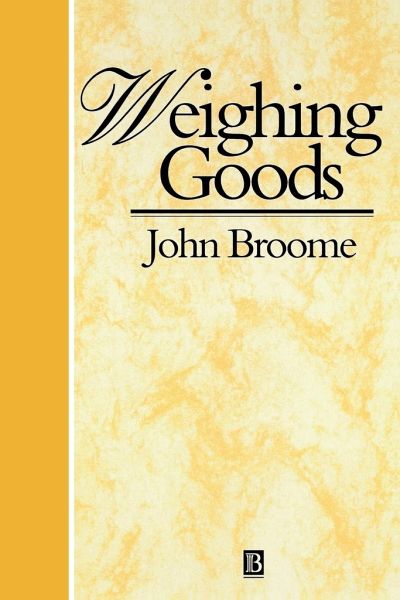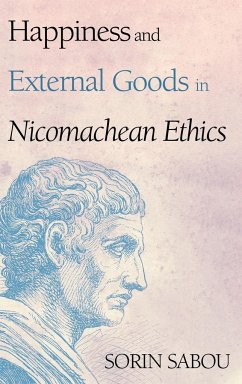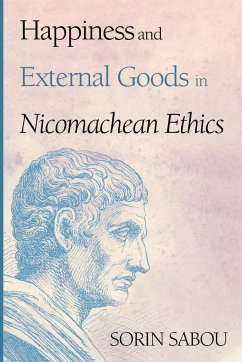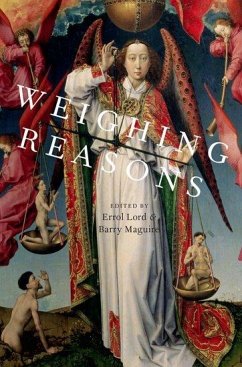
Weighing Goods

PAYBACK Punkte
30 °P sammeln!
This study uses techniques from economics to illuminate fundamental questions in ethics, particularly in the foundations of utilitarianism. Topics considered include the nature of teleological ethics, the foundations of decision theory, the value of equality and the moral significance of a person's continuing identity through time.














